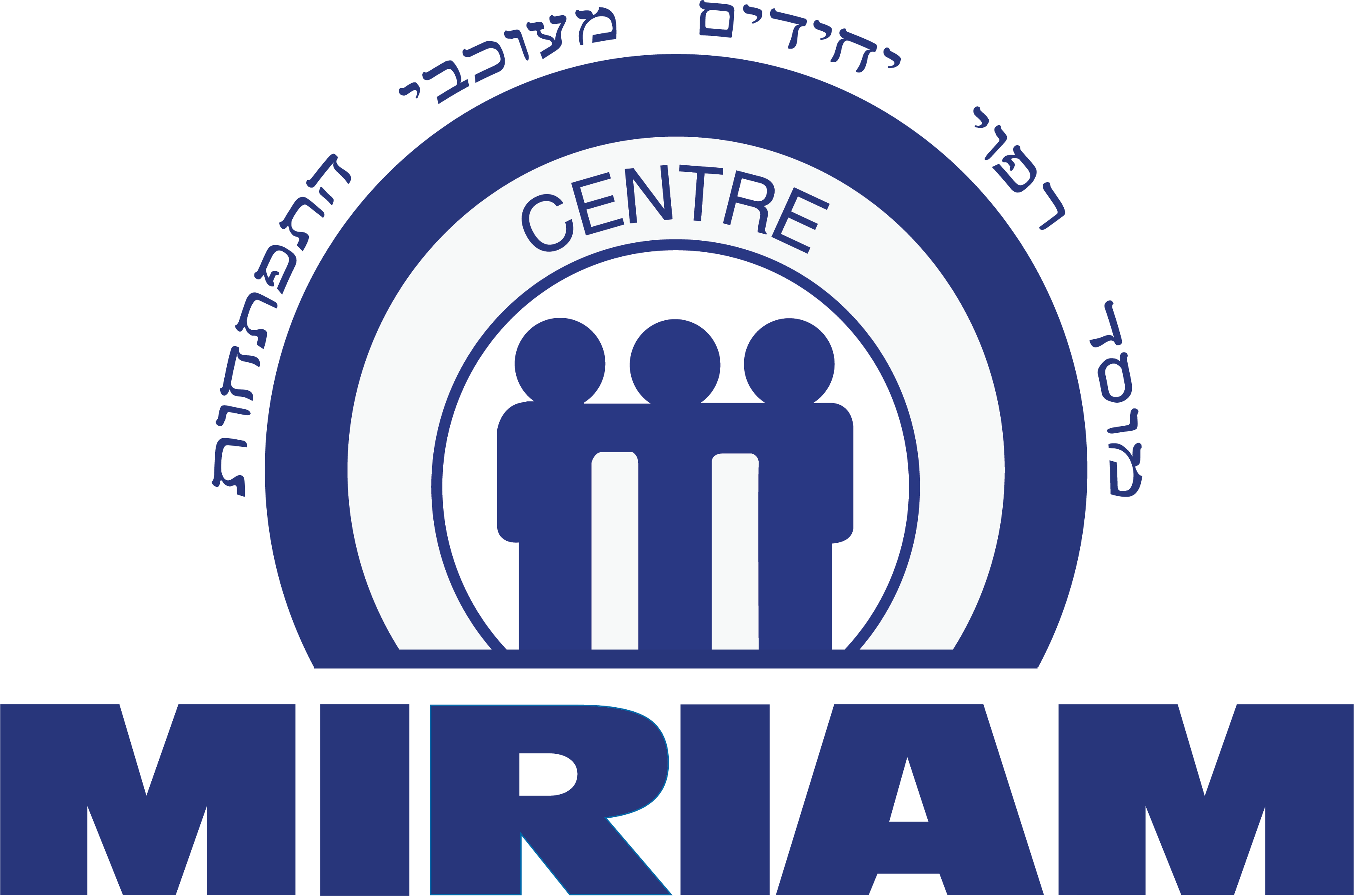Clients are referred to the Children and Adolescent Monitoring Program (ChAMP) when designated professionals at Miriam Home or the CLSC define the presence of significant behavioural problems, necessitating the intensive intervention and community collaboration possible with ChAMP. Eligibility is determined based on standardized clinical assessment and practicing norms of INESSS and the SQETGC’s definition of severe behaviour disorders. Severe behaviour disorders are defined as ‘’the presence of a single or many problematic behaviours or cluster of behaviours, within 3 months prior to referral, that are deemed socially or culturally unacceptable in the person’s daily living environments due to the frequency, intensity and duration of the problematic behaviour(s)’’ (Sabourin, 2007). A client may also be eligible to ChAMP if the challenging behaviour(s) occurs at such a frequency or intensity that it significantly interferes with the individual’s quality of life, and that of their family.
Description of Treatment:
The psychologist at the Miriam Home provides the clinical supervision of this treatment. Clinical supervision is provided on a punctual basis for the educators assigned to ChAMP. Clients and caregivers will communicate mostly with educators. Supervision to parent/guardian/home manager is provided at monthly clinics called “monitoring” and other times indicated as appropriate by the clinical supervisor. During the course of intervention a team of professionals such as the psychologist, educator, and social worker, in collaboration with the parents and school staff, work together to treat the child’s challenging behavior. Most interventions are cognitive or behavioral in nature, and are based on the principles of Applied Behaviour Analysis. All interventions used by ChAMP are empirically supported.
Proactive behavioural techniques will be used to teach the child functional skills at home, school and within the community. Pro-active means any intervention aiming to teach appropriate skills to replace inappropriate behaviours. Following an analysis of the data, the clinical team will develop an intervention based on the function of the identified behaviour problems. Behavior management techniques may be used to reduce behaviour prior to the development of a formal behaviour reduction plan. Therapy sessions are typically 1-2 hours in duration, 2 to 3 times per week. As mandated both by the code of ethics of the CIUSSS Centre-Ouest and the Practice Guide of the SQETGC, interventions must improve the child’s quality of life and autonomy (communication skills, self-help and independence skills), in addition to reducing their problematic behaviours. In some cases, the psychologist will ask (with parental consent) that the affiliated Miriam Home psychiatrist be involved to support the intervention plan.
In order to deliver appropriate and comprehensive services, observation and data collection will be conducted at home and sometimes at the child’s daycare/school or in the community. Specific and varied data collection forms will be used by all participating members. Most children in ChAMP participate in this program for 1 to 2 years.
